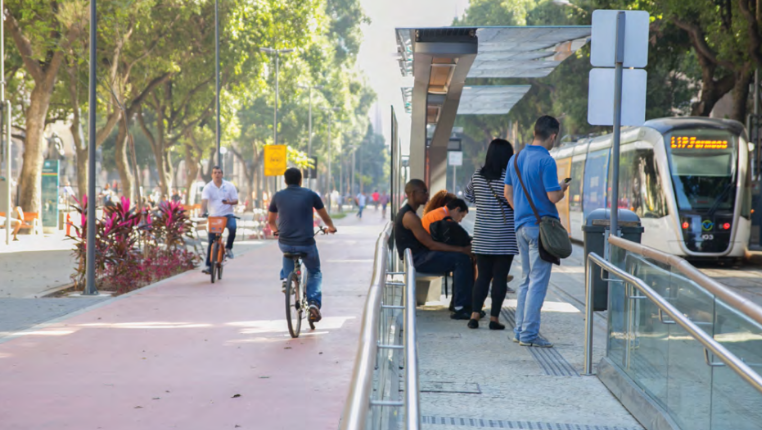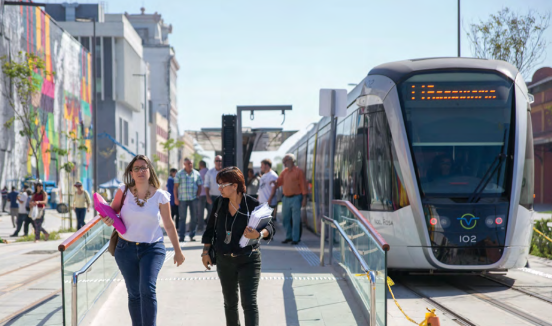The Vice-President and Minister of Development, Industry, Commerce and Services (MDIC) of Brazil, Geraldo Alckmin, and the President of the National Bank for Economic and Social Development (BNDES), Aloizio Mercadante, signed a Technical Cooperation Agreement (ACT) which allocates US$ 40 million for investments in decarbonization of the automotive chain.
According to official information from the Brazilian government, the amount is to be collected during the five years of the agreement and, as of the signing of the ACT, part of the financing will already be available to start its activities.
The agreement will support research, development, innovation, engineering, studies, tests, pilots and certification projects related to the decarbonization of mobility in the automotive chain.

Major Step for Sustainable Mobility
Alcmin assured that this is a very important agreement that responds to neo-industrialization. “The focus is innovation with decarbonization. It is not only for the automotive sector, but for all mobility, seeking energy efficiency.”
With ACT, BNDES enters into the operation of funds of the Rota 2030 Priority Programs, together with Senai, Embrapii, Finep and Fundep. The funds are composed of contributions from companies that benefit from tax exemptions on the import of parts and inputs not manufactured in Brazil, but which are necessary to improve the energy efficiency of the fleet.
“These resources will be managed at BNDES so that we can boost this mobility effort, especially electric and green,” Mercadante said.
Read also: Porsche Boosts Sustainable Mobility Beyond Cars
“Brazil is the second country with the most buses in the world and produces 52% of the buses circulating in Latin America. And yet we are losing this industry, because other countries are producing electric buses and occupying a market that historically has always been ours,” he commented. “But now we will have these resources to boost these types of initiatives as well.”
The priority program associated with BNDES will stimulate the decarbonization of mobility and logistics. There are currently seven priority programs in place, with investments for innovation in auto parts companies and in the automotive supply chain.
“We want the automotive industry to do research in Brazil. And Brazil’s history, with ethanol, shows that it is possible. We want research here, innovation here, to be able to produce more electric and hybrid vehicles, with labor, employment and wages in Brazil,” concluded Mercadante.




